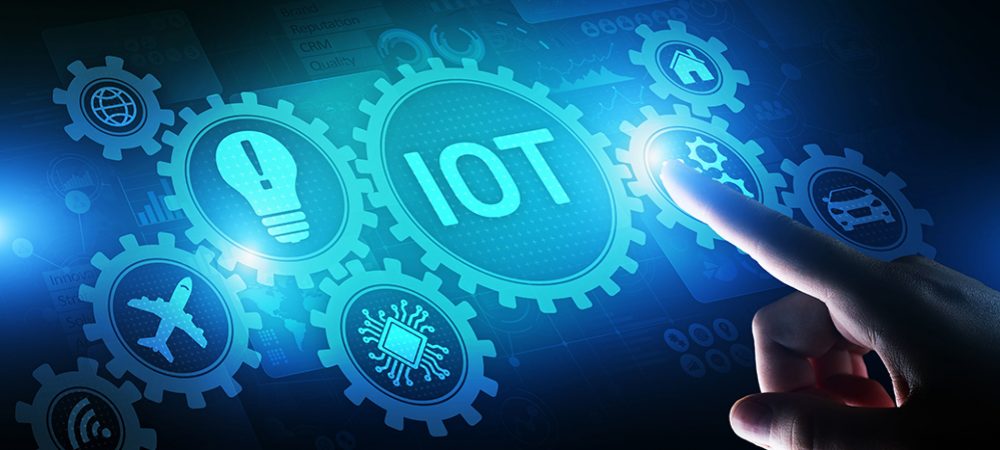Per Johansson, General Manager, Robert Bosch Middle East FZE, on the Internet of Things (IoT) and how organisations and individuals can realise the full potential and value of IoT technologies.
The Internet of Things (IoT) is changing how we live, work and get around – our homes are becoming smarter, factories more productive, and even mobility solutions are taking on new forms.
Spending on IoT technologies in the Middle East and Africa (MEA) is set to top $8.47 billion this year according to a recent IDC report. However, the full potential of IoT only comes alive when billions of connected devices securely and safely provide rich data – ideally in real-time to responsible organisations that can adapt and remotely control this increasingly dynamic physical infrastructure.
Much more than technological transformation, IoT is creating new types of businesses, centred around services and user experience, which will have a massive impact on how organisations are structured and how we work together. However, the IoT world is growing and getting more complicated as the technologies linking devices and the devices themselves, are becoming smaller, cheaper and faster. The changes will happen gradually and are expected to have a strong, long-lasting effect. The scale is immense, where Bosch alone has sold 52 million web-enabled products in 2018, over a third more than 2017. With an open-source-based IoT Suite, Bosch has already connected more than 10 million devices from various manufacturers.
To unlock the full potential of the latest innovations in IoT, it is extremely important to accurately handle the security and privacy of the manufacturing systems embodying the Internet of Things. To avoid security breaches due to inappropriate handling of these systems, it is vital to securely connect billions of devices to the Internet and deliver to the promise of connected everything, as most devices are not designed to work collaboratively with others or to function securely as technology evolves. The security of data that is increasingly connected across local and global networks is equally concerning, with a growing number of edge components sending their data to servers over the Internet, where digital intruders and hackers loom.
Bosch is now working with partners to enable devices and solutions to communicate and interact in secure ecosystems.
Distributed ledger technologies (DLT) such as Blockchain may well become the key technology in these domains, ensuring that a transaction is checked and verified, without any human involvement in the process.
Collecting, storing and processing customer data will be one of the main pillars of safety and security vendors’ future business. Open platforms can ensure greater collaboration and is key to building trust. Few companies use a common standardised platform for security and safety solutions using customers’ data to their benefit alone. It helps create trust by assigning every component in the network an authentication key.
Companies should seek to bring ease of use to end-users and people, especially at a time where a web platform provider can change terms of use at will. With DLT technologies, users no longer have to blindly accept such changes. Along with focus on collaboration, the distributed platforms operated by an ecosystem are also better protected against external attacks, a vital step towards building safe cyberspace for businesses. Dubai is a model example where the Emirate is transforming into the innovation hub of the Middle East. The government is also actively working towards securing the efforts of its respective entities, and has also launched the Dubai Cyber Index to maintain the highest standards of cybersecurity and position Dubai as the city with the safest cyberspace.
Trust in security, reliability and safety of cyber-physical systems are needed for broad adoption of connected products to be achieved and the tremendous associated market opportunities to be materialise as expected. IoT can make lives of customers, citizens and employees safer, easier and more comfortable, and from a commercial point of view, we see it generate value through new models, revenue streams and improve the way of running a business through streamlining and automating processes while delivering endless possibilities.


